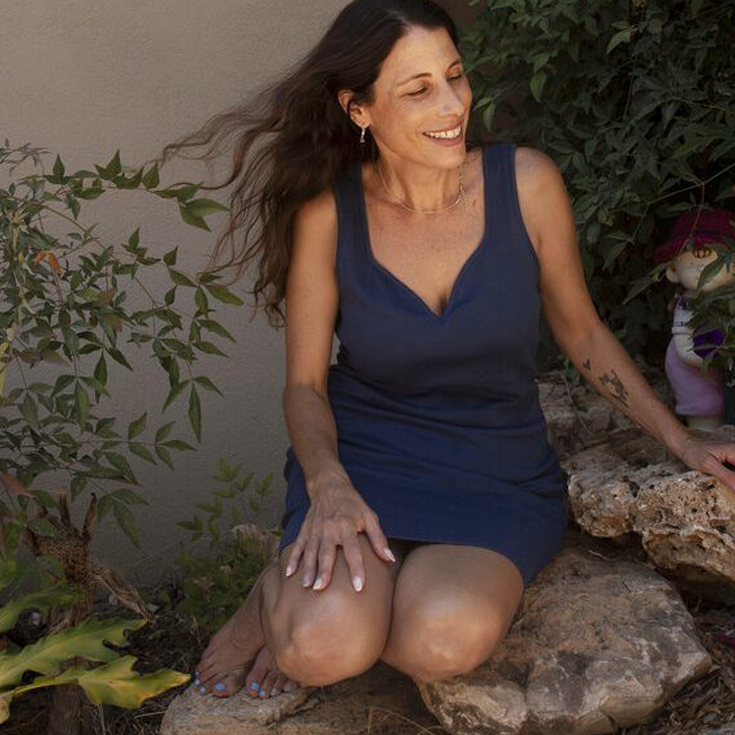Israeli Woman Donates Kidney to Gaza Boy

As Idit Harel Segal was turning 50, she decided to give a gift instead of receiving one. She was going to give one of her kidneys to a stranger.
Segal is a kindergarten teacher from northern Israeli, and hoped her generous act would inspire others in a land of constant conflict. She was also inspired by her late grandfather, a Holocaust survivor, who told her to live meaningfully. Segal reached out to a group that matches donors with recipients, a search that lasted nine months.
Finally, Segal was matched with a 3-year-old Palestinian boy from the Gaza Strip. She wrote a note to him that said, “You don’t know me, but soon we’ll be very close because my kidney will be in your body. I hope with all my heart that this surgery will succeed and you will live a long and healthy and meaningful life.”
Israel and Palestine had just finished an 11-day war. “I threw away the anger and frustration and see only one thing. I see hope for peace and love,” Segal wrote. “And if there will be more like us, there won’t be anything to fight over.”
Segal’s husband opposed the plan, and her father stopped talking to her. She lost three relatives in Palestinian attacks, so her family was against it. “Everyone was against it. My husband, my sister, her husband. And the one who supported me the least was my father,” Segal said during a recent interview from her home in Eshhar. “They were afraid.”
To speed up the process, the father of the Gaza boy, who was not a match for his son, was told by the hospital that if he were to donate a kidney to an Israeli recipient, the boy would “immediately go to the top of the list.”
So, on the same day his son received a new kidney, the father donated one of his to a 25-year-old Israeli mother of two.
Segal’s kidney helped save the boy’s life, resulted in a second donation from his father and established a bond between members of perpetually warring groups. She visited the boy the night before his surgery and has maintained contact with his parents.
Segal said that her husband and children understand now, and her father called her the night before surgery. “I don’t remember what he said because he was crying,” Segal said. Then, she told him that her kidney was going to a Palestinian boy. “Well,” he said, “he needs life, also.”
Image source: Israel Hayom


 Previous
Previous
